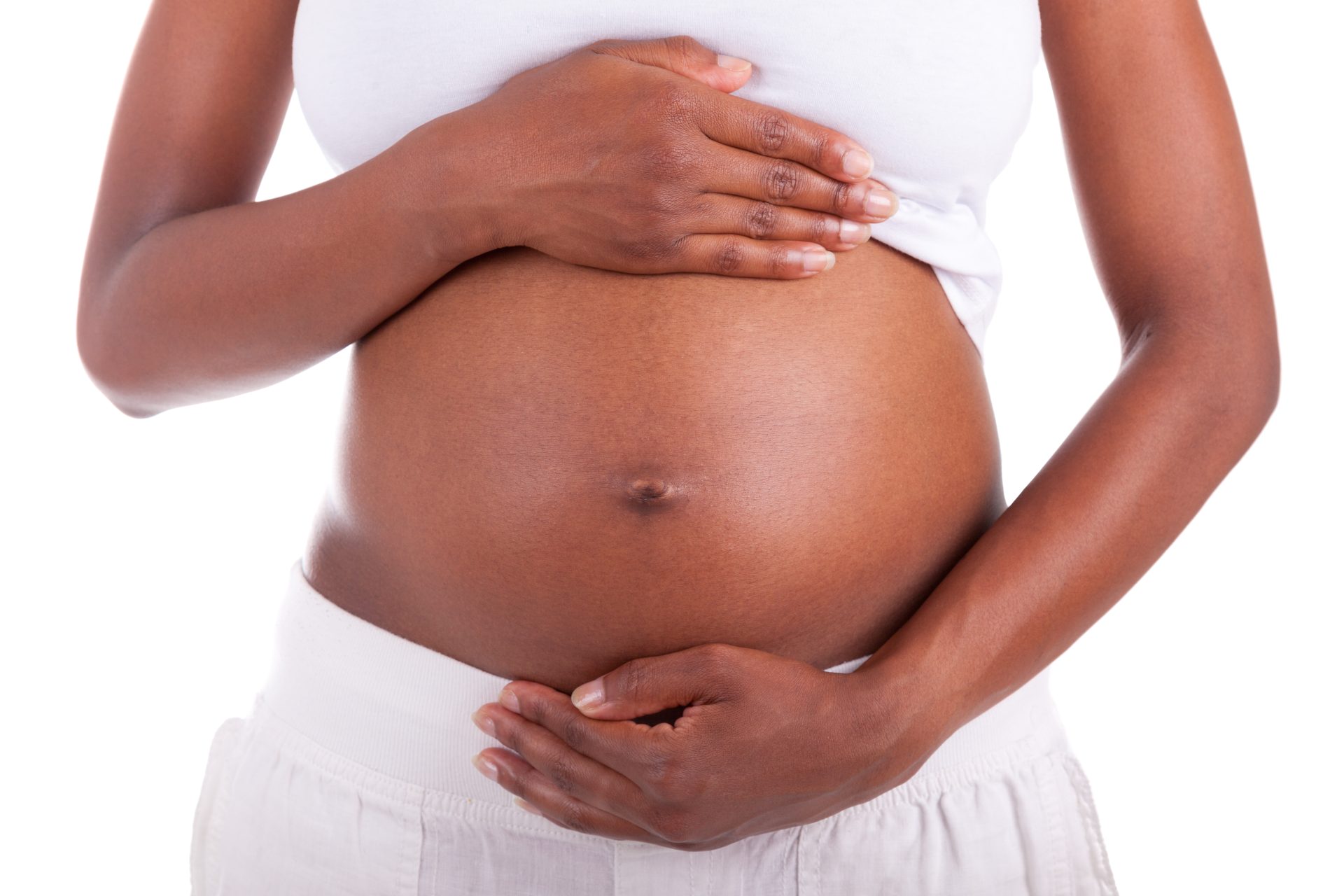Embarking on the journey of motherhood at any age is a remarkable and transformative experience, but it can be particularly demanding for women venturing into parenthood beyond the age of 45. As time gracefully navigates its course, a woman’s natural fertility experiences a gradual decline, accompanied by an increased likelihood of complications like miscarriage. Yet, despite these challenges, the pursuit of a healthy pregnancy at 45 or older is not an insurmountable endeavor. By embracing a holistic approach that encompasses mindful lifestyle choices, comprehensive medical guidance, and unwavering support, women can significantly enhance their chances of achieving their cherished dream of parenthood.
The first step towards a successful pregnancy at 45 is to embark on a journey of self-discovery and introspection. By understanding the unique nuances of their reproductive health, women can make informed decisions that align with their individual needs and circumstances. Seeking guidance from a trusted fertility specialist is an invaluable step in this process. These experts can provide personalized assessments, identify potential obstacles, and tailor treatment plans to maximize the chances of conception.
Alongside medical interventions, adopting a healthy lifestyle plays a pivotal role in optimizing fertility. Maintaining a balanced diet rich in essential nutrients, engaging in regular physical activity, and prioritizing adequate sleep are all crucial elements in promoting overall well-being and fostering a fertile environment within the body. Additionally, managing stress levels through relaxation techniques like meditation or yoga can contribute to hormonal balance and enhance reproductive health.
What are the challenges of getting pregnant at 45 or older?
There are several reasons why getting pregnant at 45 or older can be more difficult than getting pregnant at a younger age. These include:
- Decreased egg quality: As you age, the quality of your eggs decreases. This means that you are less likely to produce healthy eggs that can be fertilized.
- Reduced ovarian reserve: Ovarian reserve refers to the number of eggs you have left. As you age, your ovarian reserve decreases. This means that you have fewer eggs available to be fertilized.
- Increased risk of chromosomal abnormalities: Chromosomal abnormalities are changes in the structure or number of chromosomes. These abnormalities can lead to miscarriage or birth defects.
What can you do to increase your chances of getting pregnant at 45 or older?
- See your doctor for a preconception checkup: This is especially important if you have any chronic health conditions, such as high blood pressure or diabetes.
- Take a prenatal vitamin: Prenatal vitamins contain essential nutrients that are important for pregnancy, such as folic acid and iron.
- Maintain a healthy weight: Being overweight or obese can increase your risk of miscarriage and other complications.
- Eat a healthy diet: A healthy diet includes plenty of fruits, vegetables, and whole grains.
- Avoid alcohol and smoking: Alcohol and smoking can damage your eggs and increase your risk of miscarriage.
- Exercise regularly: Exercise can help you maintain a healthy weight and improve your overall health. However, be sure to talk to your doctor about the safest types of exercise for you during pregnancy.
- Manage stress: Stress can interfere with your fertility. Find healthy ways to manage stress, such as yoga or meditation.
- Consider fertility treatments: If you have been trying to get pregnant for a year without success, talk to your doctor about fertility treatments. There are several types of fertility treatments available, including in vitro fertilization (IVF).
What to expect during pregnancy if you are 45 or older
If you are pregnant at 45 or older, you will need to be closely monitored by your doctor. You will also likely have more prenatal tests than a younger woman. These tests can help to detect any potential problems with your pregnancy.
Some of the potential complications of pregnancy at 45 or older include:
- Miscarriage: The risk of miscarriage increases with age.
- Chromosomal abnormalities: The risk of chromosomal abnormalities increases with age.
- Preeclampsia: Preeclampsia is a serious condition that can cause high blood pressure and other complications.
- Gestational diabetes: Gestational diabetes is a type of diabetes that develops during pregnancy.
Disclaimer:
This article is for informational purposes only and should not be considered medical advice. Please consult with your doctor about any questions or concerns you may have about pregnancy at 45 or older.
















